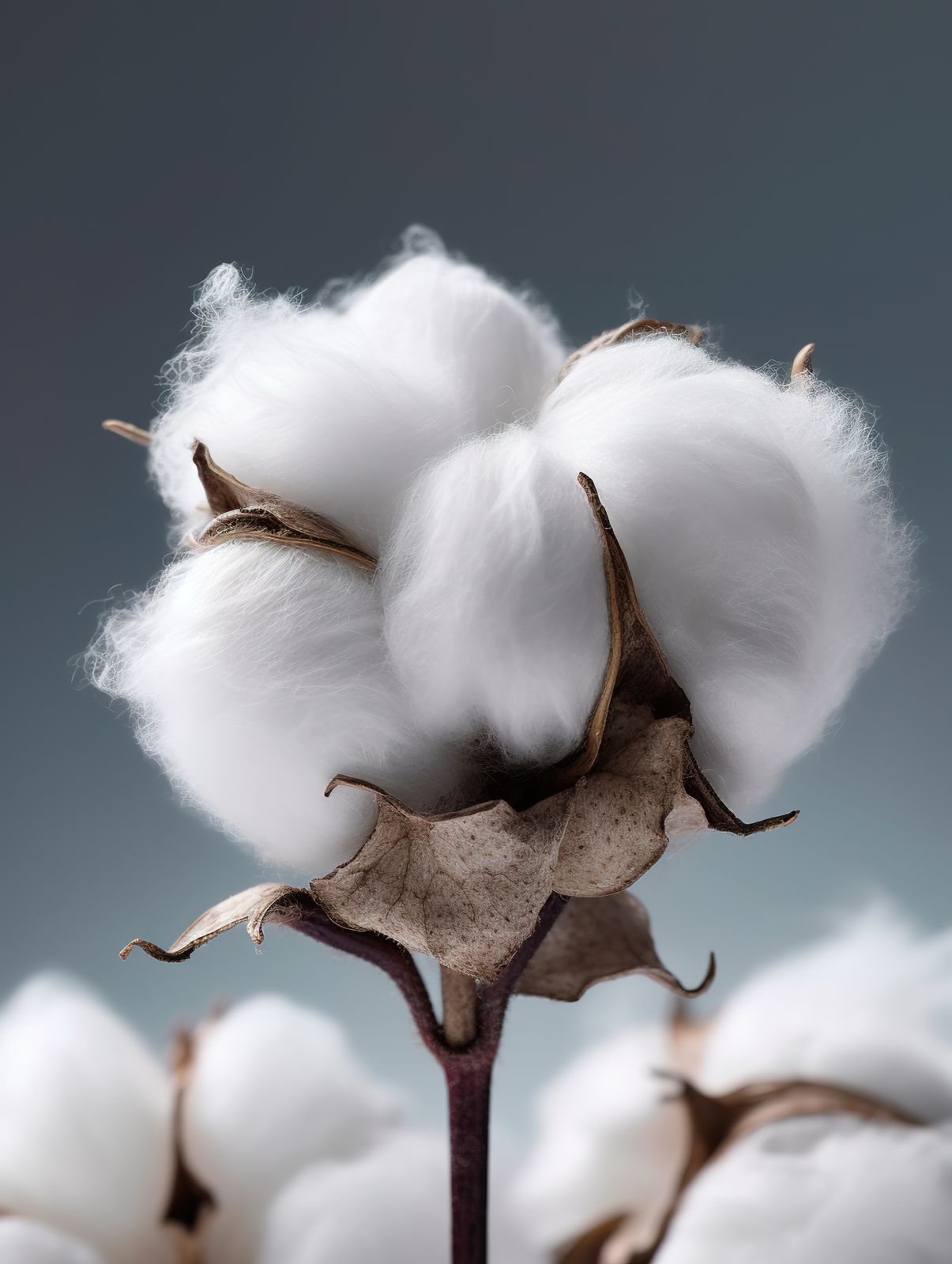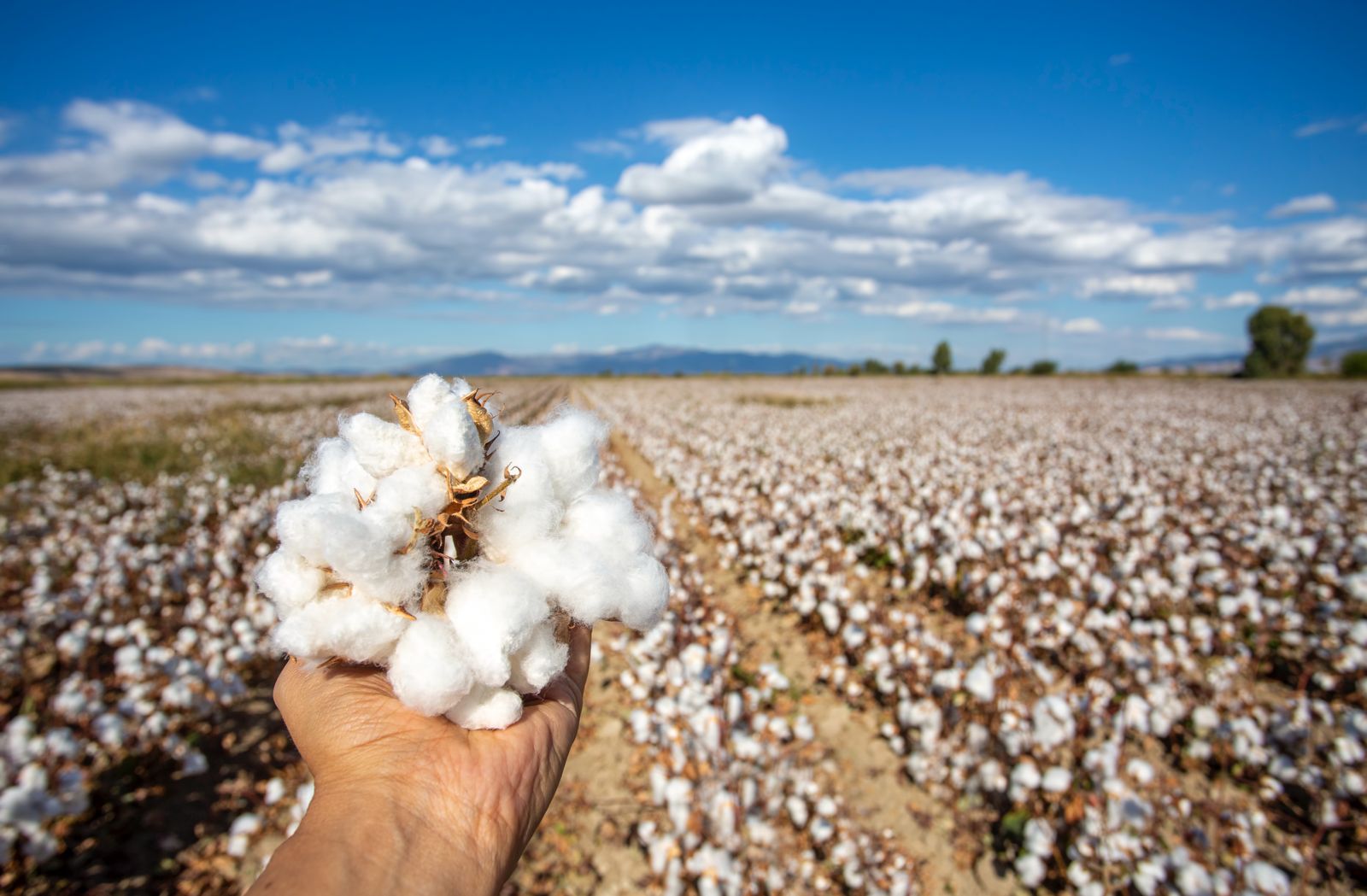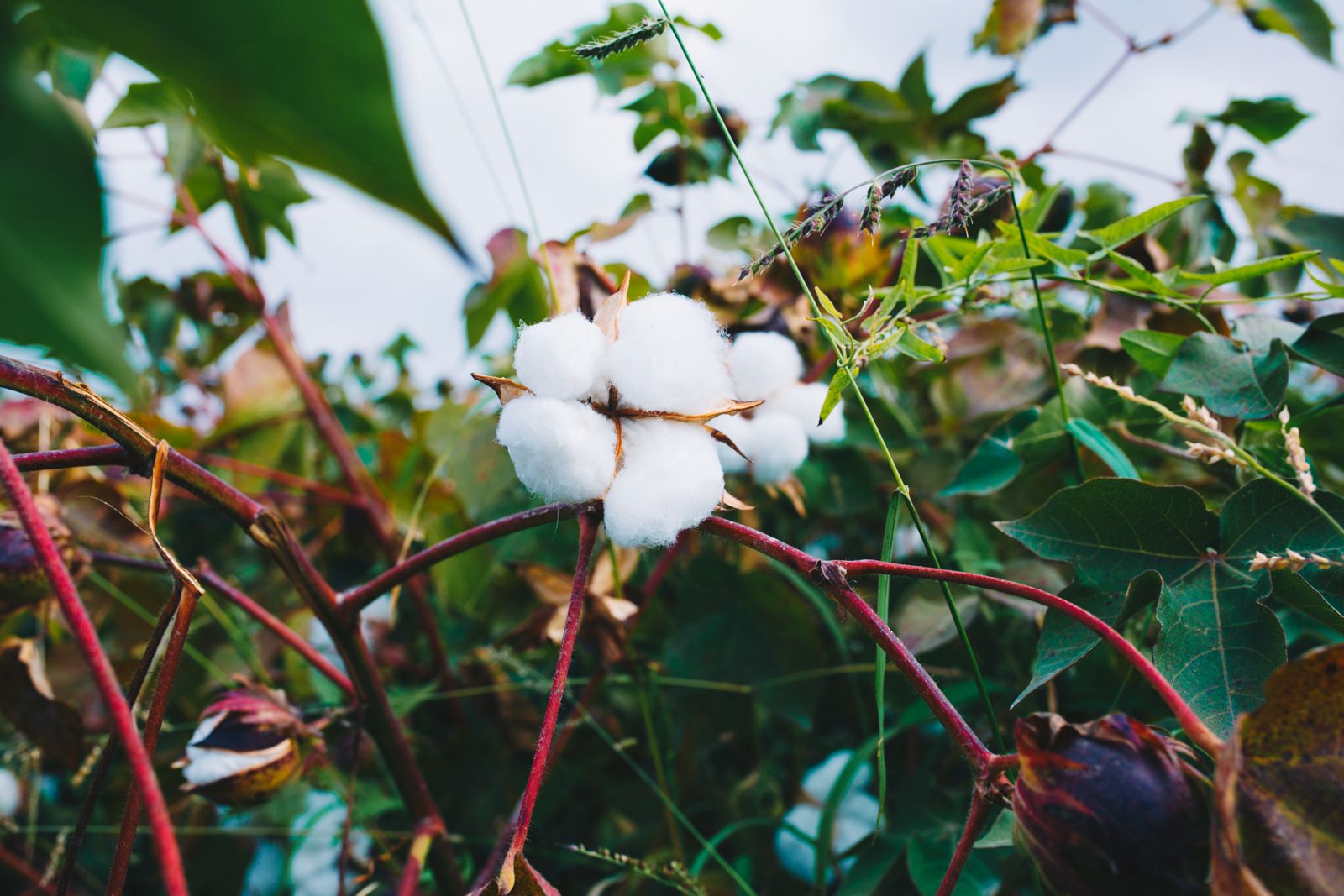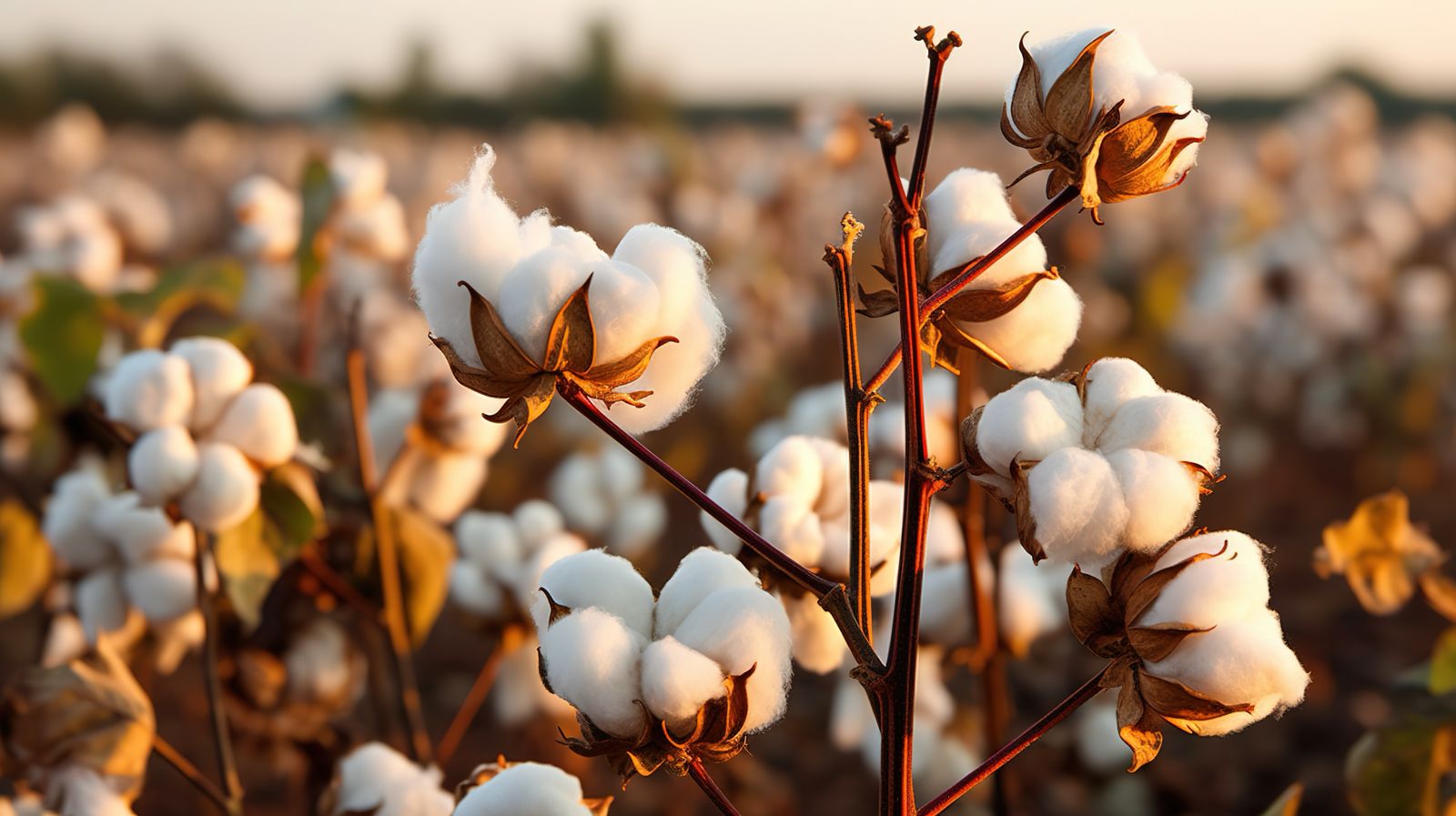COIMBATORE: The union government should provide cotton farmers production subsidy as crop prices are set to drop with the temporary removal of 11% import duty on the fibre crop, demanded a state farmers' organisation.
The selling price of cotton is likely to fall by up to Rs 2,000 per quintal as the central government has now removed the import duty, cotton farmers stated.
The price drop could result in an average loss of Rs 30,000 per acre for farmers. The lack of government cotton procurement in Tamil Nadu has adversely affected farmers, they added.
"With the US imposing a 50% tariff on Indian goods, the union government has now waived the 11% import duty on cotton till September 30 to protect Indian textile manufacturers and provide them with relief. This is likely to be extended indefinitely," said Esan Murugasamy, founder of Tamilaga Vivasayigal Pathukappu Sangam.
"To compensate for the loss to farmers due to the government's import duty waiver, the central government should provide Rs 30,000 per acre as production subsidy and save the farmers," he demanded.
He also cited the low Minimum Support Price for the cash crop in Tamil Nadu.
"The government has fixed the Minimum Support Price for cotton at Rs 7,710. But currently the farmers are getting only Rs 6,500 per quintal in the market. While the Cotton Corporation of India has been purchasing from farmers based on the MSP across India, it is not procuring cotton in Tamil Nadu, severely affecting cotton farmers here," he added.
"In other states, the respective state governments bear the cost of vehicle hire for purchasing from regulated sales outlets and transporting it to the milling plants. But in Tamil Nadu, the state government doesn't follow this and the CCI has stopped purchasing," Murugasamy added.
The centre has exempted import duty on cotton from August 19 to September 30, states a government order issued on Monday. This was in response to the demand of industry groups who argued exemptions would help make the sector more competitive.















